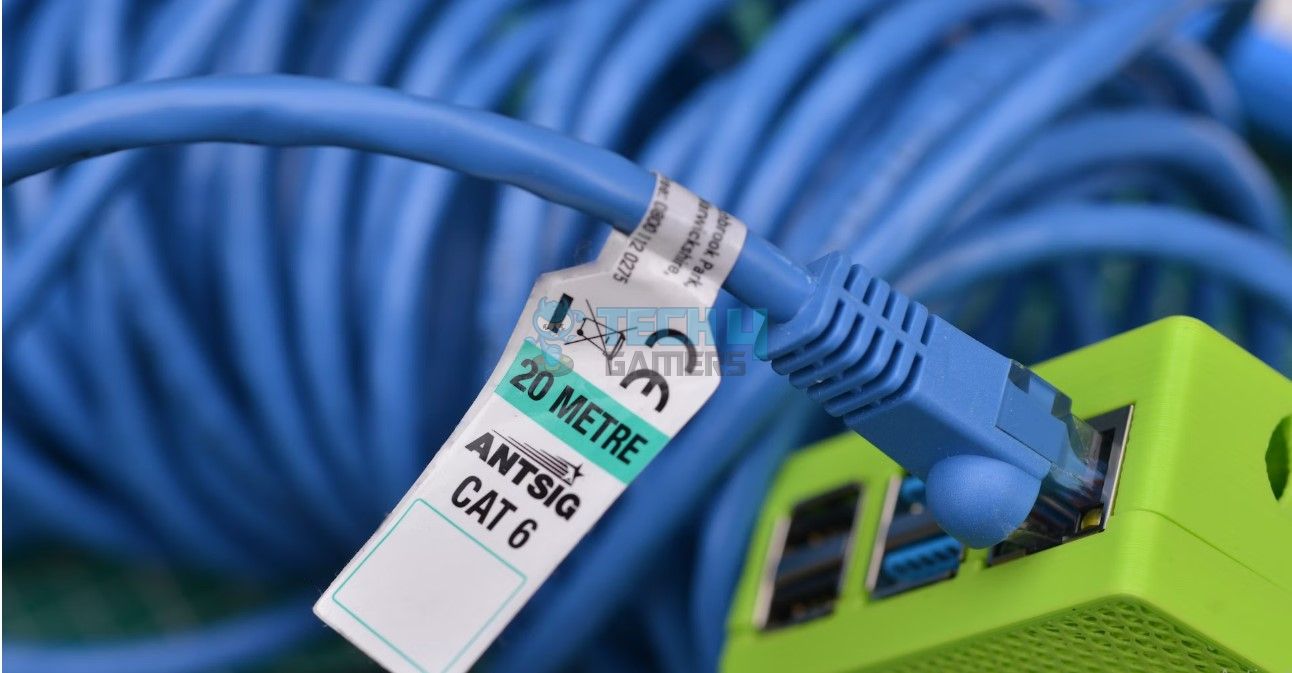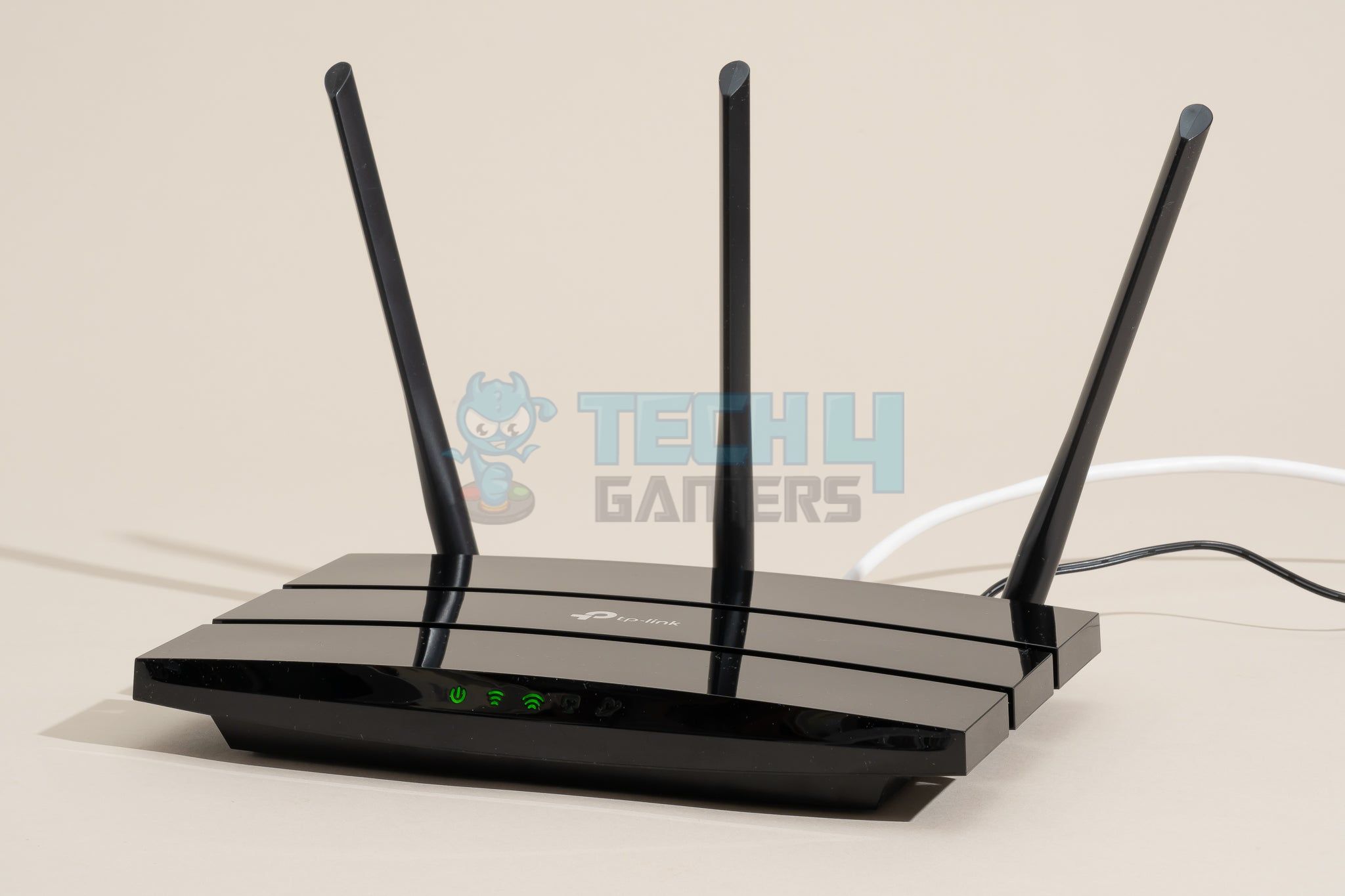- Standard routers struggle to handle modern homes filled with smart devices and 4K streaming, leading to lag that ruins online gaming.
- A good system needs to maintain speed under heavy load, reach every corner of the house, and keep the connection stable during matches.
- Switching to a mesh system effectively kills dead zones and lag spikes.
I’ve hit that point in my gaming life where lag spikes aren’t just annoying, they’re straight-up rage-inducing. When you’re mid-fight in Apex or lining up that clutch in CS2, and your Wi-Fi decides to roll a nat-1 on stability, it’s enough to make you question your life choices.
And with everyone at home streaming 4K shows, syncing smart lights, and running more gadgets than a cyberpunk apartment, regular routers just can’t keep up anymore.
That’s when mesh Wi-Fi becomes the real MVP. I’ve been testing different systems over the past year, and some of them seriously changed how smoothly my games run.
If you’ve got a busy home, a big space, or you just want the fastest setup possible, these are the mesh systems that stood out for me.
What Actually Makes a Mesh System “Good for Gamers”?

When I judge whether a mesh system is actually good for gaming, it mostly comes down to three simple things: the overall speed under pressure, the coverage in corners where normal routers give up, and how stable the connection feels during competitive games.
Some mesh systems focus on raw performance, others lean more into smart-home compatibility, and a few try to balance everything so regular families get fast Wi-Fi without needing to mess with settings. Here’s how the strongest options performed for me in real-world gaming use.
Netgear Orbi 970
The Netgear Orbi 970 was the standout powerhouse. It’s a Wi-Fi 7 system with speeds that go up to 27 Gbps, and it handles 10-gig connections without breaking a sweat.
It covers pretty much an entire home with stable, high-speed Wi-Fi and includes strong built-in security features along with an incredibly stable backhaul. The downsides are the price, which is definitely premium, and the size of the units, which are not exactly subtle.
Still, the performance made it clear why it deserves the top spot. It delivered some of the smoothest gaming sessions I’ve ever had on Wi-Fi, even while everyone else in the house was streaming or downloading.
ASUS ROG Rapture GT6
The ASUS ROG Rapture GT6 is the mesh system that screams “I’m made for gamers” right out of the box. It runs on Wi-Fi 6 with tri-band performance and dual 5GHz channels for serious stability.
The range is impressive thanks to its internal antennas, and it includes tools that prioritize gaming traffic, which noticeably lowered my latency during peak hours. It supports LAN aggregation and has that classic ROG style that fits right into a gaming setup.
The only real drawbacks are the bulky design and a more complex interface, which might overwhelm someone who just wants to plug in and play. But if you enjoy tweaking settings and squeezing every bit of performance out of your network, the GT6 nails that vibe.
Netgear Orbi 770
The Netgear Orbi 770 is basically the more sensible sibling of the 970. It’s still fast, still future-ready, and still built on Wi-Fi 7 with speeds up to 11 Gbps. The coverage is strong, and every unit has 2.5Gb ports, which makes it feel premium without the top-tier price.
It doesn’t have quite as many ports as the 970, and it’s still not cheap, but it strikes a good balance between performance and value. If you want high-end Wi-Fi without going overboard, this is the one that makes the most sense.
Amazon Eero 6 Plus
The Amazon Eero 6 Plus is the easiest mesh system I’ve ever set up. It’s Wi-Fi 6, offers up to 1 Gbps, and fits perfectly into smaller homes or apartments. It works with Alexa, Thread, and Zigbee, and the units are tiny enough to blend in anywhere.
It automatically updates, stays secure, and gets the job done without requiring a learning curve. The limitations are that it doesn’t support multi-gig speeds and has very basic customization options, but honestly, that’s part of the charm.
If you just want Wi-Fi that works with zero stress, this is a great entry-level pick.
TP-Link Deco BE63
The TP-Link Deco BE63 was a pleasant surprise. It’s a Wi-Fi 7 system with speeds up to 10 Gbps, and every unit includes several 2.5Gb ports, which is rare at this price point. It uses smart mesh optimization to keep everything stable, includes its HomeShield security suite, and it’s able to handle over 200 devices without choking.
The only downsides are the missing multi-gig WAN port and limited advanced settings, but it still offers a lot of power for the price. For mid-sized homes filled with smart gadgets, it hits a very comfortable middle ground.
Which Is the Best Wi-Fi Router to Buy?

So, which one would I actually buy? Honestly, it depends on your home and how you use your network. If you’ve got a big house and a fast internet plan, the Orbi 970 is the closest thing to flawless Wi-Fi I’ve ever tried. Fellow reviewers like Cyber News share the same thoughts.
If you’re a competitive gamer who wants low latency above everything else, the ROG GT6 feels built for people like us. If you want fast, future-ready Wi-Fi without paying top-level prices, the Orbi 770 is a great balance.
For smaller spaces or simple setups, the Eero 6 Plus keeps things smooth without overcomplicating anything. And if you’ve got a gadget-filled home or a busy household, the Deco BE63 gives you fast Wi-Fi without drama.
Upgrading to a mesh system genuinely changed how consistent my gaming sessions felt. No dead zones, no weird lag spikes, no yelling at my router mid-match. Just smooth gaming, even with the whole house online at once.
Thank you! Please share your positive feedback. 🔋
How could we improve this post? Please Help us. 😔
Passionate gamer and content creator with vast knowledge of video games, and I enjoy writing content about them. My creativity and ability to think outside the box allow me to approach gaming uniquely. With my dedication to gaming and content creation, I’m constantly exploring new ways to share my passion with others.




